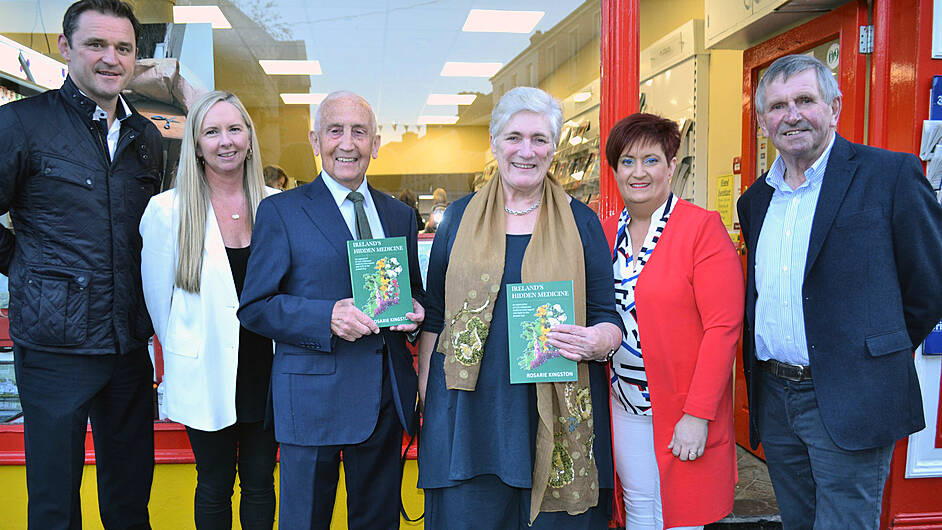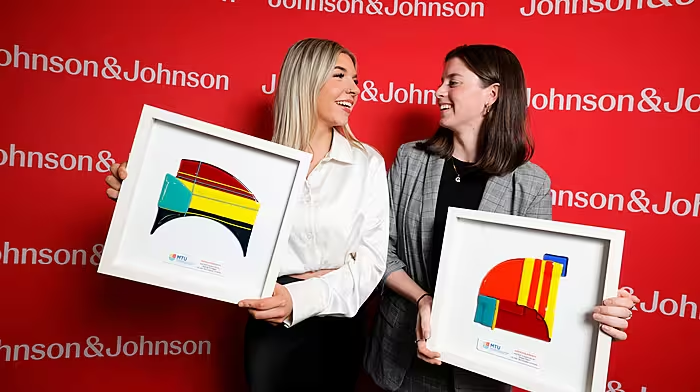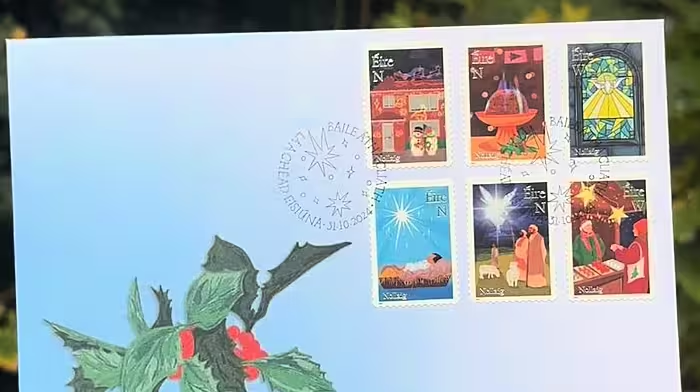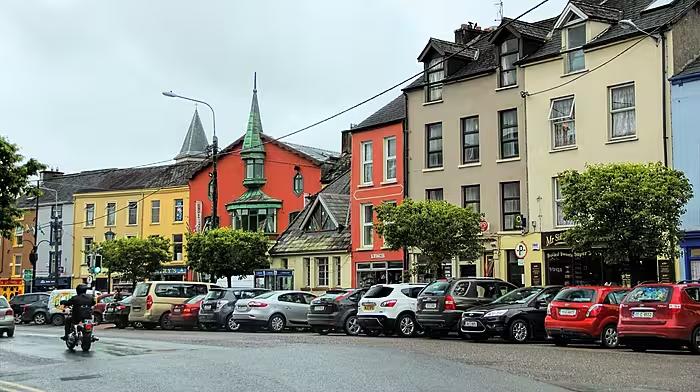A HIGHLY acclaimed West Cork herbalist has written a book that explores Irish indigenous medicine from legend and myth to the present day.
Dr Rosarie Kingston, who lives at Church Cross in Skibbereen, but practices as a medical herbalist at Dr O’Reilly’s Clinic in Clonakilty, believes ‘a lot of healers are almost ashamed that they have the cure and don’t realise that they belong to a very illustrious tradition.’
Sean Boylan, one of Ireland’s best known healers, offered the same point of view when he launched Rosarie’s book Ireland’s Hidden Medicine in Field’s bookshop recently.
Having interviewed many healers, Rosarie was impressed by their devotion to their patients, their knowledge and their skill.
‘I wrote the book to honour the healers, their lineage and their humility, and to provide a baseline for others to understand this tradition into the future.’
Rosarie believes the rich healing tradition of Ireland is expressed through the country’s landscape, music, festivals and language.
‘Indigenous medicine, no matter where it exists in the world, is,’ she said, ‘characterised by the oral transmission of knowledge and the necessity for each person to be in harmony with themselves, their society and environment, as well as the spirit world.
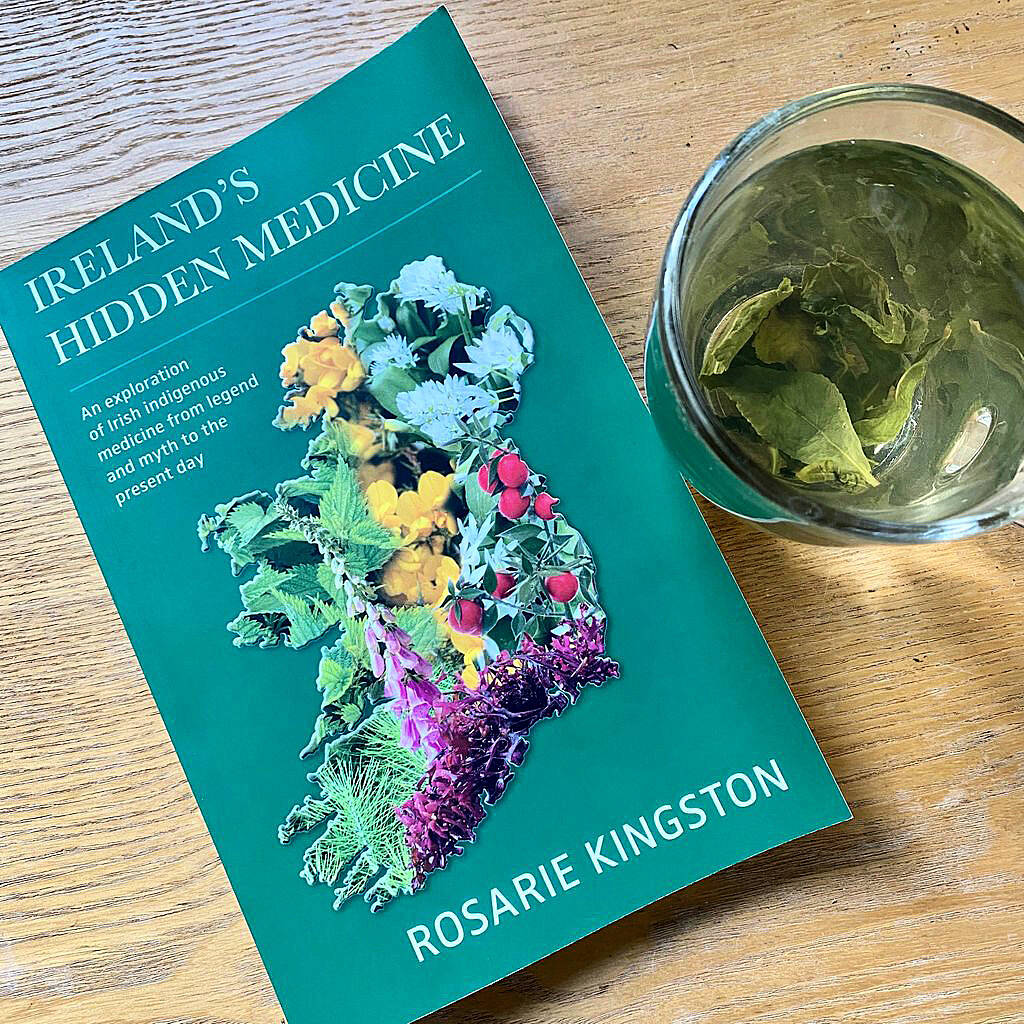 The book provides a seasonal guide to using Ireland’s indigenous medicine.
The book provides a seasonal guide to using Ireland’s indigenous medicine.
‘Ireland is no different, and its traditional therapeutic approach is designed to address body, mind, spirit and emotions within the local social and environmental context.’
In addition to her practice, Rosarie is a lecturer in health and healing in Irish folklore at UCC and did her PhD dissertation on Irish vernacular medicine.
‘What I found while doing my research,’ she said, ‘is that the cures are dying out for two reasons: oral pedagogy – the skills, memory and intuitive response – is disappearing with book learning.
‘A second alarming finding is the fear of litigation. They are not recognised as legitimate healers in law, which they should be, according to the World Health Organisation.’
Rosarie considers the blending of science and tradition important in healthcare as it brings a person’s culture and worldview into healing.
The book provides a fascinating look at the history and fortunes of Irish folk medicine – from the legendary god of healing Déin Chécht to the coming of Christianity, and the changing political and social narrative from the 17th century onwards.
‘The Famine had a huge effect,’ she said, ‘as did the rise of the Catholic church in the late 19th century.’
The book also provides a seasonal guide to utilising Ireland’s indigenous medicine, which provides a wealth of benefits and a connection to a sacred and therapeutic landscape.

